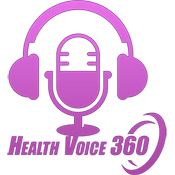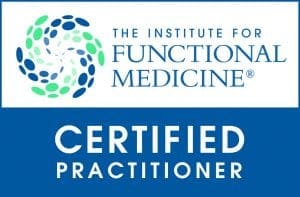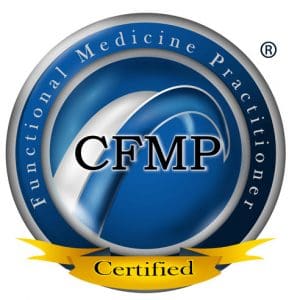Introduction In the body, the digestive system makes sure that the food that is being consumed is digested in the gastrointestinal (GI) tract and the...
Category - Gut and Intestinal Health
Gut and Intestinal Health: The health of an individual’s gut determines what nutrients are being absorbed along with what toxins, allergens, and microbes are being kept out. The gut and intestines are directly linked to the health of the whole body. Intestinal health could be defined as optimal digestion, absorption, and assimilation of food being consumed. However, this is a job that depends on many other factors that can determine a healthy body. More than 100 million Americans have digestive problems and there are two of the top-selling drugs that are for digestive problems, and they run in the billions. There are more than 200 over-the-counter (OTC) remedies for digestive disorders and these can and do create additional digestive problems.
If an individual’s digestion is not working properly, the first thing is to understand what is sending the gut to be out-of-balance in the first place.
From low-fiber and high-sugars to high-calorie diets can cause all the wrong bacteria and yeast to grow in the gut and damages the delicate ecosystem in the intestines.
While overuse of medications that damage the gut or even block normal digestive function like acid blockers (Prilosec, Nexium, etc.), anti-inflammatory medication (aspirin, Advil, and Aleve), antibiotics, steroids, and hormones can cause gut dysfunction.
Undetected gluten intolerance, celiac disease or low-grade food allergies to foods such as dairy, eggs, or corn can even cause gut problems and if it is not treated can become chronic.
From chronic low-grade infections to toxins all the way to stress can cause the gut to become imbalanced and change the normal bacteria.
When patients go to see their primary care doctors, visits for intestinal disorders are among the most common trips. Most doctors do not recognize or know that digestive problems can wreak havoc in the entire body, thus leading to allergies, arthritis, autoimmune disease, rashes, acne, chronic fatigue, mood disorders, autism, dementia, cancer, and more.
By having a proper gut and intestinal health is absolutely central to a person’s health since it is connected to everything that happens in the body.
Introduction Part of the digestive system’s primary system is to make sure that the food that a person is consuming is being digested and...
Introduction The digestive system is home to the gut, the gastrointestinal (GI) tract, the liver, the intestines, and other organs that make sure...
Introduction The digestive system is home to the gastrointestinal (GI) tract where food is being digested and being transformed into nutrients for...
Introduction The gastrointestinal tract is part of the digestive system and its primary job is to make sure that the food is being consumed and...
Introduction The digestive system is home to many of the organs that help digest food into vitamins and nutrients and has a bidirectional with the...
Introduction The gut and the brain have two different jobs that do different functions in the body but, have a bidirectional communication with each...
Introduction The gut system makes sure that the good bacteria is helping the gut by digesting the consumed food into nutrients for the body and...


















